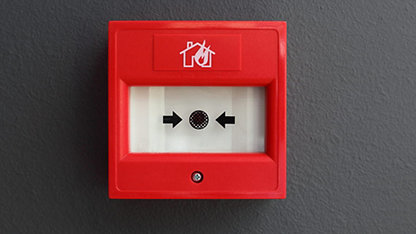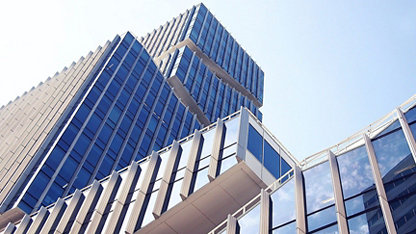Years ago, when I was a student, I witnessed a car crash on my way to lectures. I was walking along a busy road towards the university campus when I saw a vehicle pull out of a side road into lots of fast-moving traffic. It was immediately hit by another vehicle and there was a mighty mess of broken glass, smashed mirrors and bits of car all over the road. No one was injured. Neither driver was eager to accept blame. I was asked by police who attended the scene to fill out a witness report. I confess I did this quite eagerly, and later on I was subsequently called to testify in court.
It was the first time I had ever seen the inside of a court building. I was young, I was excited, and I was scared. I cannot remember the precise questions the lawyer asked me when I stood in the witness box, except that he began with something to do with how often I walked that particular route. All was fine until the point where he asked me for my views on the usual speed of the traffic along that particular road during that time of the day. I began my response with the words “I think….….” and then I was immediately cut off by the judge.
It turned out he was not in the slightest bit interested in what I thought about the normal speed of traffic on that road, at that time of day. In truth, the judge was polite but firm. He explained to me that he really didn’t want to hear my opinion on anything. He said there was nothing to suggest I was an expert on highway safety and contributory factors to car crashes. All he wanted to know from me was what I actually saw.
After I had given my testimony, I scuttled to the back of the courtroom to hide my embarrassment and watch the rest of the proceedings play out. Shortly after my turn in the spotlight, a man wearing a business suit was called to give evidence. A lawyer began by asking him questions about his knowledge and experience in the appropriateness of temporary traffic management layouts at road works, and defective or misleading road signs and road markings. The man’s CV on this subject area was immensely impressive. More specifically, he also revealed that he had undertaken formal training in the preparation of expert reports and giving oral evidence in court. He was professional and self- assured. When he was questioned by another lawyer who was acting for the other party in the proceedings, his responses demonstrated that he was also completely impartial.
What I learned that day is that the function of most witnesses in court or other proceedings is to give evidence about what they know and/or what they have actually seen. They may not normally give opinions. That is, they are witnesses of fact. Then there are expert witnesses whose role is to express their opinions on evidence that is within their area of expertise, often in addition to giving evidence of facts.
An expert witness is someone who has knowledge and/or experience of a particular subject matter or discipline which is over and above that which is expected of a lay person. An expert witness’s primary duty is to help the Court or tribunal reach an informed decision by providing an impartial expert opinion on matters which are in dispute.
An expert witness is not an adviser for any party to proceedings. A Court expects an expert witness to be impartial and will discount evidence from someone who is, or is seen to be, partisan. This means an expert witness is not someone who will advocate a case for one of the parties, even if that party has instructed the expert and is responsible for paying the expert’s fee.
I learned a few valuable lessons from my early experience as a witness in court. I discovered that witnesses will normally be required to only give evidence on matters of fact. Opinions will only be required from people who are recognisable subject matter experts. And, finally, subject matter experts who provide testimony in court or other tribunals are better prepared and capable when they are trained in the role and duties of an expert witness.
Martin Burns
Head of ADR Research and Development, RICS
28 October 2022
Expert witness certificate - UK
Expert witness certificate - SSA
Expert witness certificate - MENA











